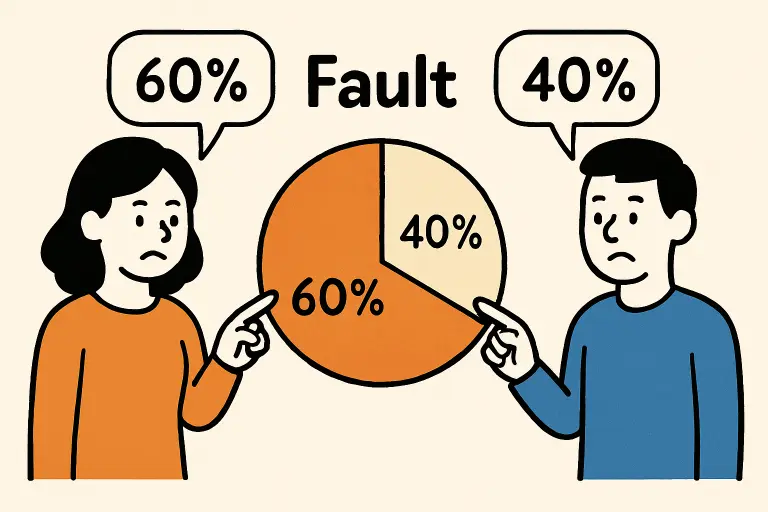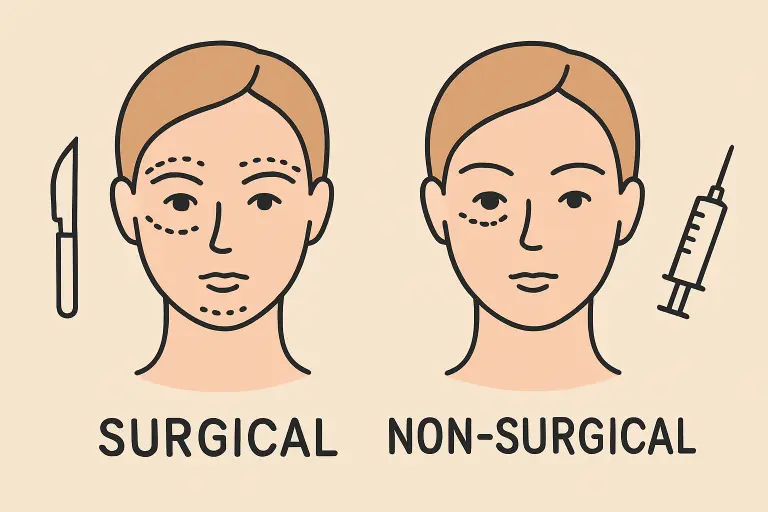When dealing with piles, choosing the right piles doctor Singapore can make a huge difference in your treatment outcome. Not all doctors who treat hemorrhoids have the same level of expertise or training. Understanding the different types of specialists available will help you make an informed decision about your care.
Table of Contents
General Practitioners (Family Doctors)
In most cases, your family doctor will be the first provider you will see for hemorrhoid symptoms. They can recognize usual cases, and may offer you topical treatments, suppositories, or suggest some dietary modifications. For many people with mild symptoms, those recommendations would suffice.
However, if your situation is more serious, persists after the initial management, or recurs a few times, there is a good chance your general practitioner will refer you to a specialist for further assessment and enhanced treatment options.
Colorectal Surgeons
Within the medical community, colorectal surgeons are recognized as the premier experts in the treatment of hemorrhoids. Colorectal surgeons receive extensive additional training focused solely on the disorders of the colon, rectum, and anus, allowing them to appreciate the complexity of hemorrhoidal disease. Clearly, they are more knowledgeable than other specialties in this area.
Colorectal surgeons are able to offer a full range of treatment options, in terms of both the minimally invasive treatment (e.g. rubber band ligation) to more extensive surgical procedures. In cases of severe disease or more complicated cases, the colorectal surgeon is often the most experienced and competent practitioner to see.
Gastroenterologists
Gastroenterologists are doctors who specialize in problems related to the digestive system, especially the stomach and intestines. While they mainly deal with internal issues, they also help with external hemorrhoids when they’re connected to larger digestive problems like inflammatory bowel disease.
If someone has hemorrhoids along with other gut symptoms like ongoing constipation, diarrhea, or belly pain, it’s a good idea to see a gastroenterologist. These signs might point to a bigger issue that needs a specialist’s attention.
General Surgeons
In all honesty, some general surgeons will take on hemorrhoids when they asked, but it is not their specialty. They *can* do the surgery– you know, scalpel, gloves, no problem– but they may not have quite the same level of precision as a colorectal surgeon who practically eats and sleeps this field of surgery. If you are going to undergo surgery, you are far better off going with someone who does this every day. Why take any chances?
How to Choose the Right Doctor
First off, if you are bleeding like a crime scene or stuck on the toilet screaming in agony, don’t ignore it. That’s not something to mess around with. If you’re simply having a little itch or mild pain once in a while, yes, your normal physician can probably help you. But, if there are things hanging out down there (yes, that’s a prolapsed hemorrhoid) or pain that makes you want to scream? It is time to call a colorectal surgeon.
Not all doctors are the same, so ask directly; how many hemorrhoid cases do you see in any given month? Is this their major thing or are you the “interesting case of the week?” Are they board-certified, or are they board-certified from a diploma mill online? (just kidding…sort of).
And just as importantly, don’t let anyone rush you into the OR without you being solidly okay with it. If you don’t feel great about the conversation, go get a second opinion. Any specialized doctor worth his or her salt will actually have more respect for you for asking questions and wanting to critically but intelligently understand what is going on.































































































































































































































































































































































































































































































































































































































































































































































































































































































































































































































































































































































































































































0